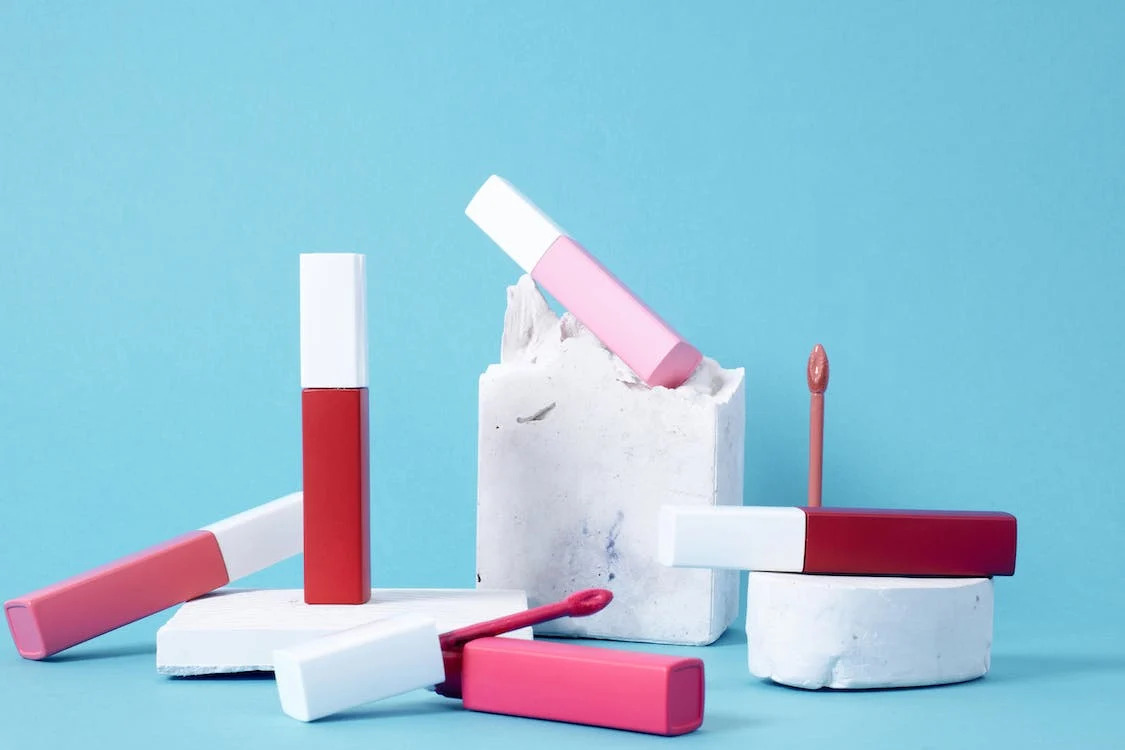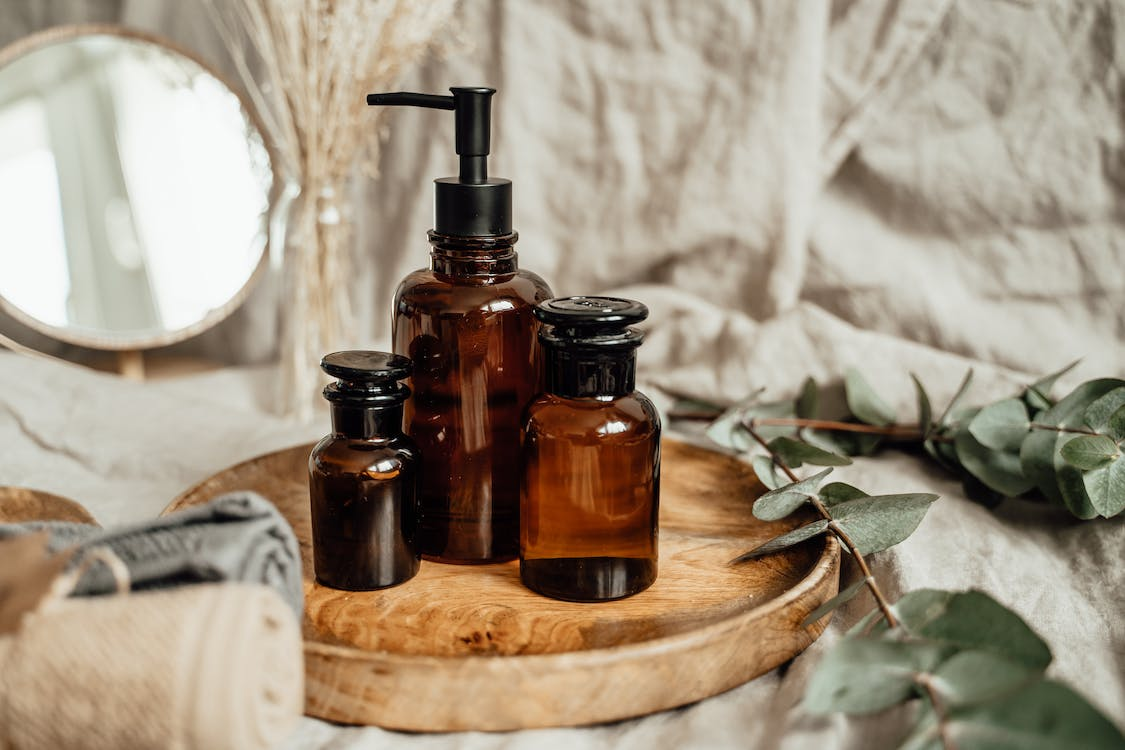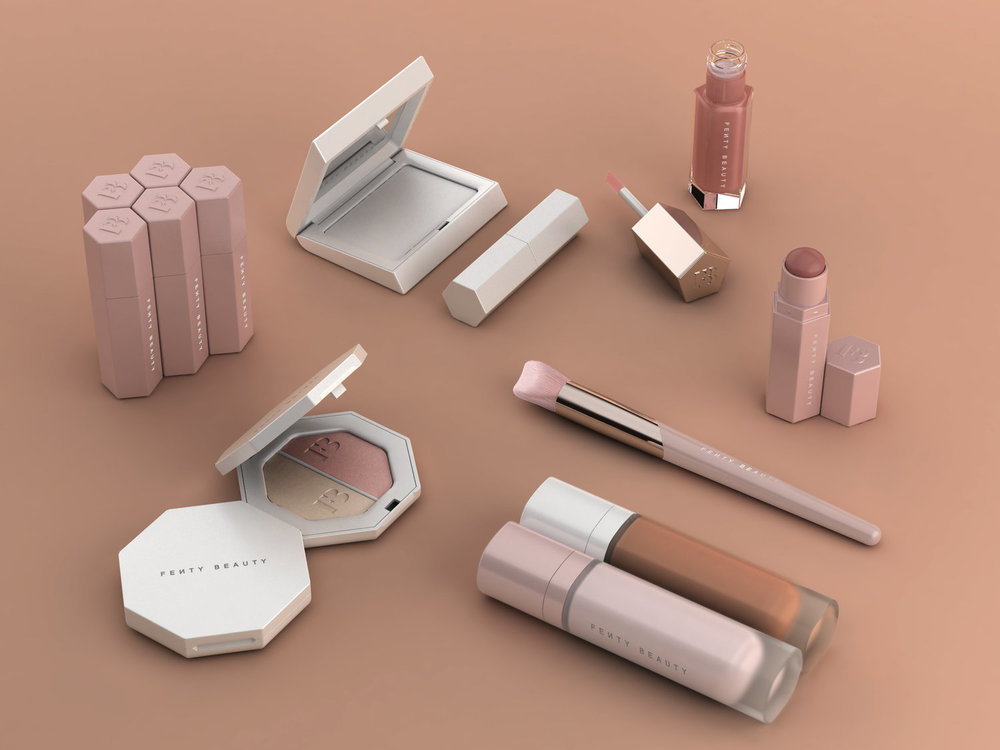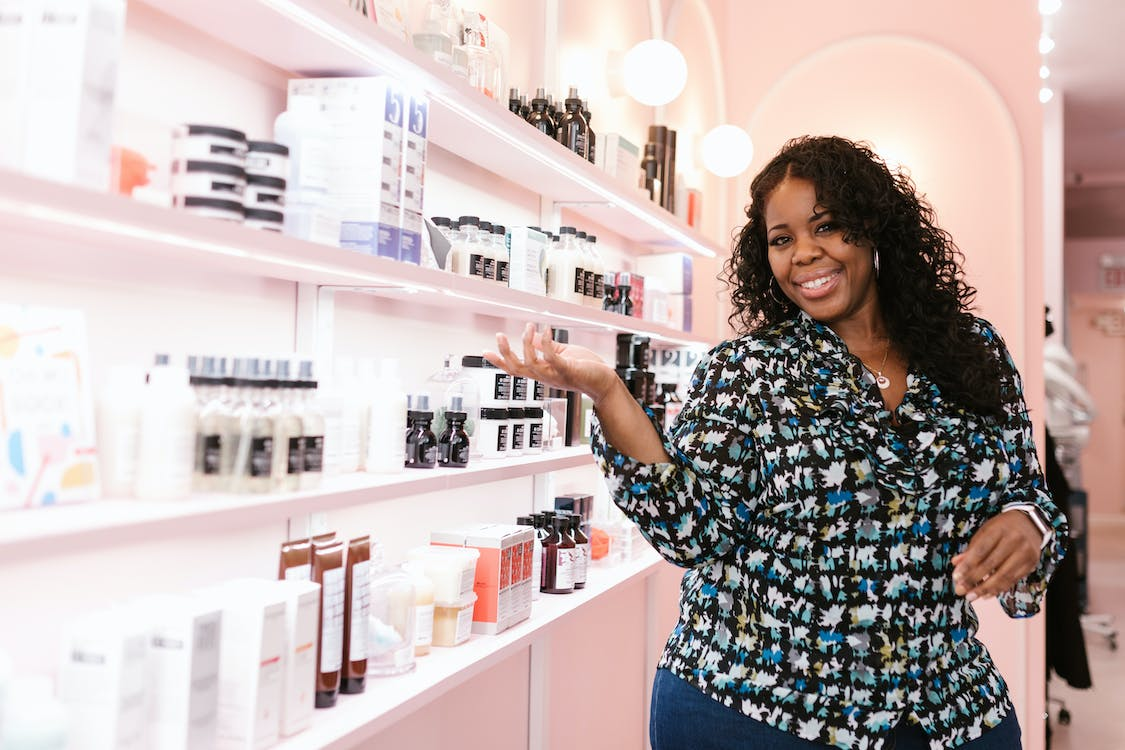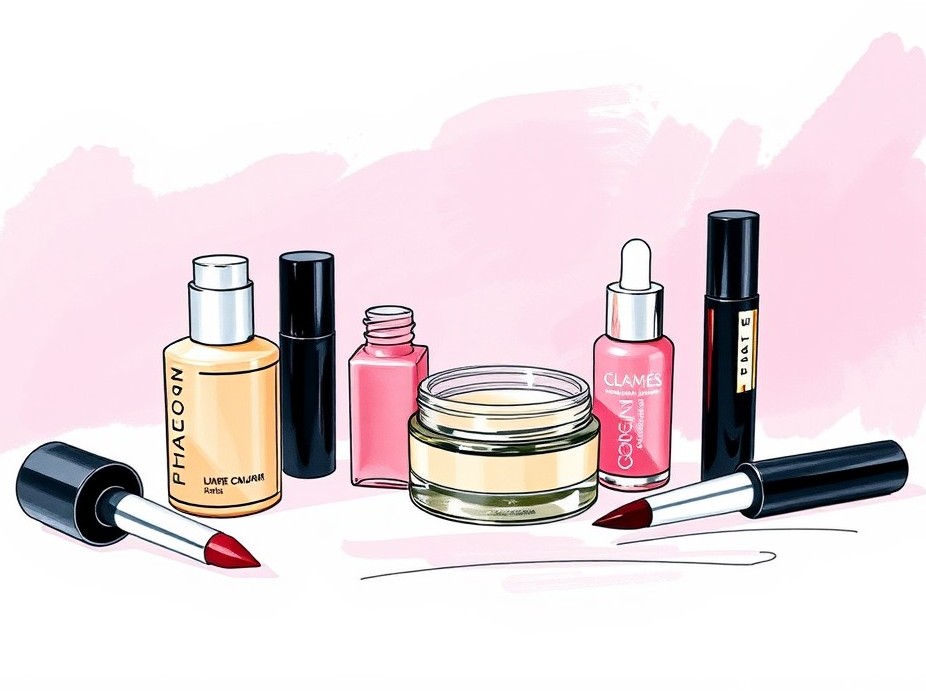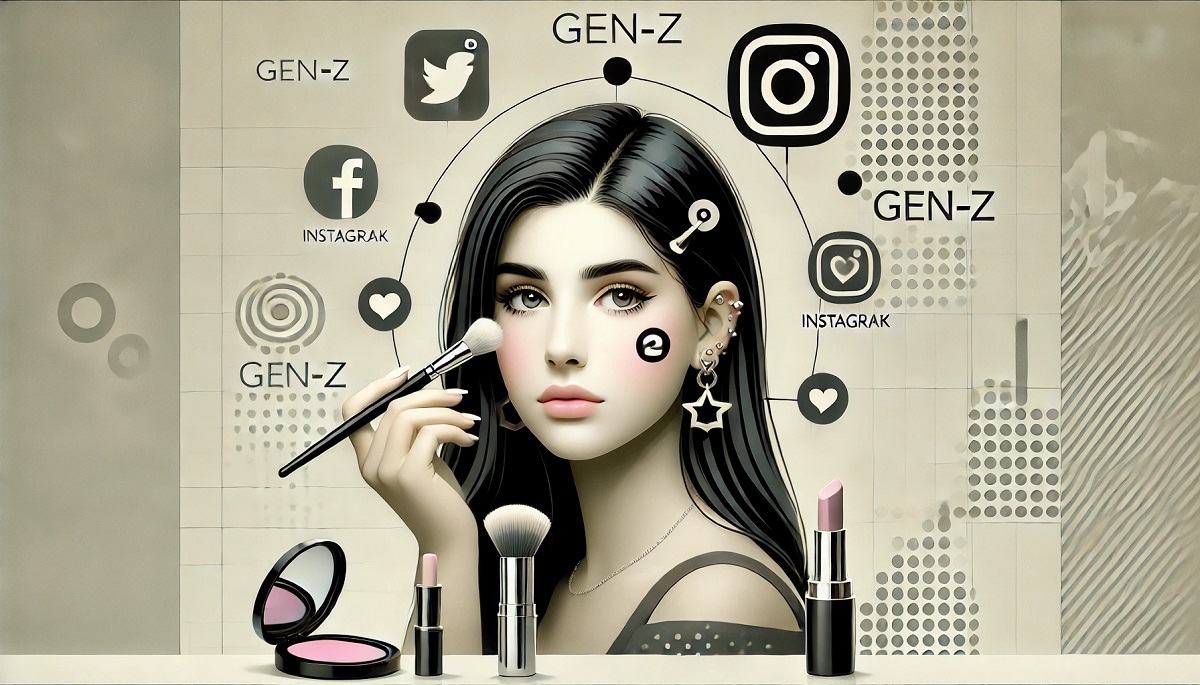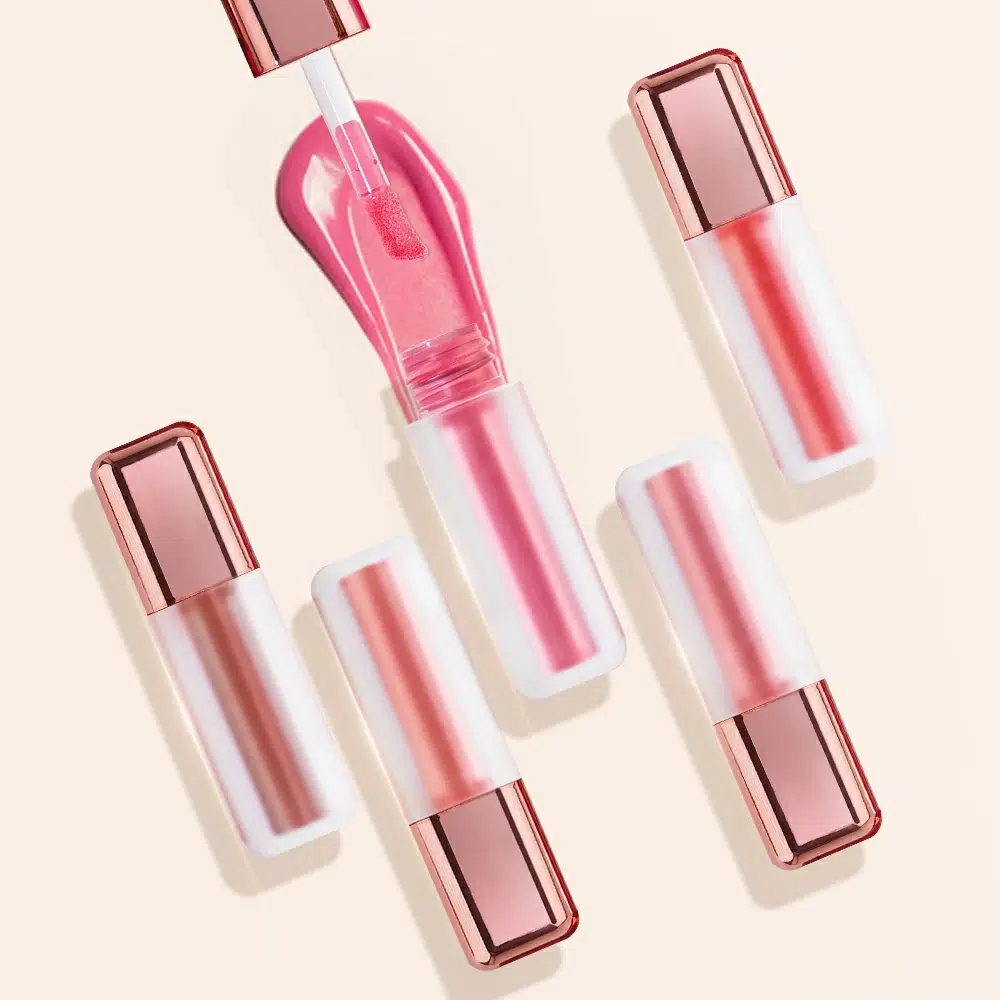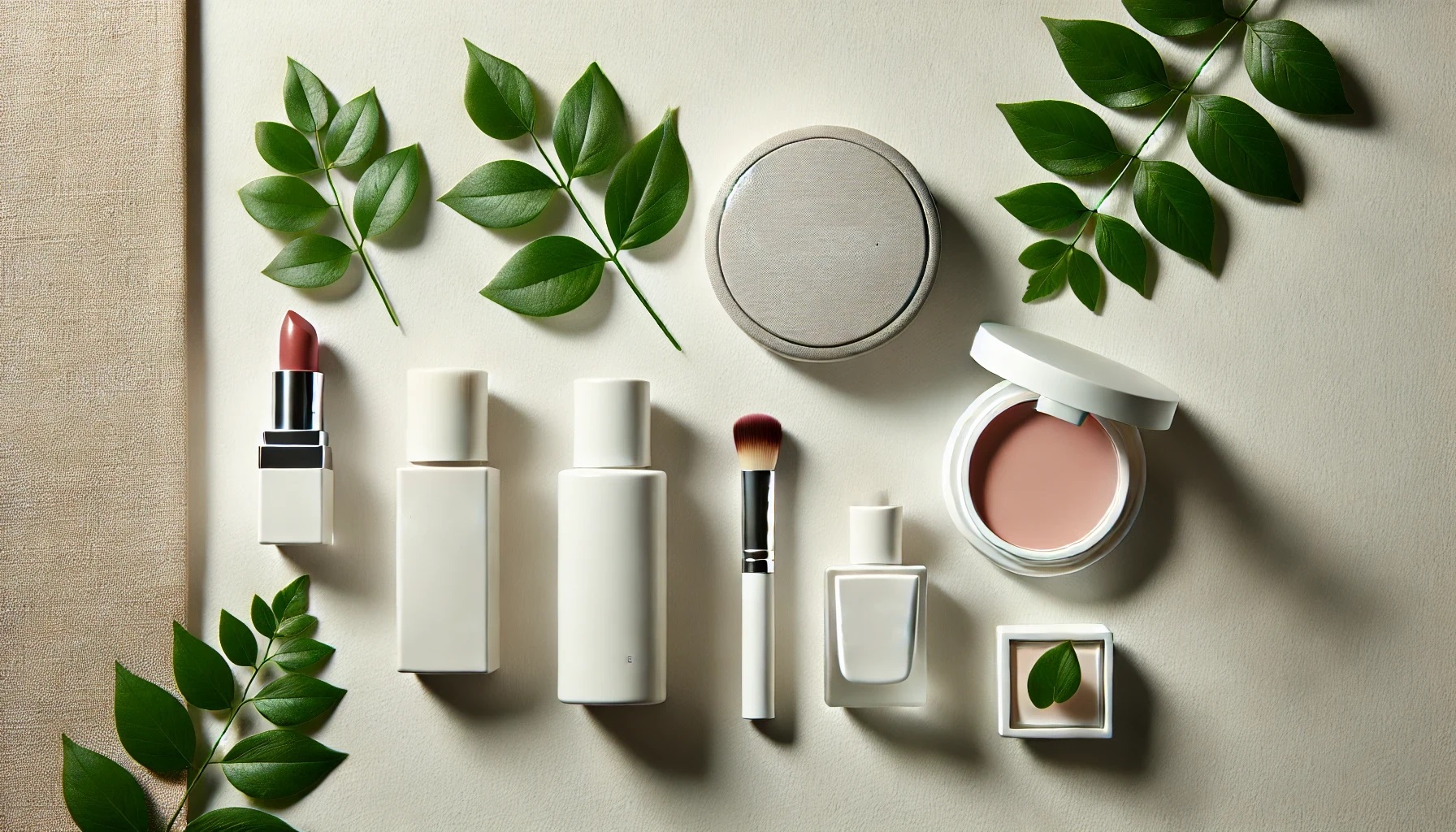
Private Label Cosmetics: The Best Choice for Your Business
Share This Article With
Private label cosmetics have become a game-changing strategy for brands to overcome this competition.
Table of Contents
In recent years, the global beauty and cosmetics industry has experienced immense growth. For instance, the beauty and personal care market is valued at US$571.10bn in 2023 and is projected to grow at a CAGR of 3.8% between 2023 and 2027. Specifically, the global cosmetics industry was valued at USD 262.21 billion in 2022 and is expected to grow at a CAGR of 4.2% between 2023 and 2030.
Various factors are driving the market growth, including increased demand for beauty and skincare products and considerable product innovations such as new formulations and packaging. As a result of this market expansion, established players and new brands are joining the market every year, resulting in stiff competition.
What are private-label cosmetics?
Private-label cosmetics are beauty products formulated and manufactured by a private-label manufacturer but marketed and sold by different retailers under their own brand names. This means private-label products are contract-manufactured by specialists on your behalf. However, the collaboration grants you control over the process, where you can provide insights into how it feels and looks, including formula development and packaging options.
Demand for private-label cosmetic products has been significantly increasing over the years. In 2018, private-label brands were estimated to have a 19.3% market share in the U.S. This figure is projected to continue growing as more consumers embrace store brands over established brands, primarily due to affordability.
As a cosmetics business owner, partnering with private-label cosmetics companies enables you to launch your own beauty line without investing hefty amounts in manufacturing and production facilities. These partnerships help you minimize the risks of starting a new brand by providing access to unique, high-quality products. Besides, the price flexibility of private-label cosmetics products makes them more appealing to consumers, thus ensuring your business’ success.
Why private-label cosmetics are the best choice for your business
Private-label cosmetics offer multiple benefits that help you build brand loyalty among target customers and differentiate your products from competitors. For example, the private-label cosmetics manufacturer handles critical production components, including research and development, manufacturing, and product packaging. This helps you focus on marketing and promoting the products to potential customers.
Other reasons why you should partner with a private-label manufacturer to build your cosmetics line include:
1) Higher product customization for your beauty line
Partnering with private-label cosmetics companies allows you to share your product ideas to ensure they meet your target consumers’ specific needs and preferences. The customization allows you to choose the ingredients, branding, and packaging that best match your brand’s messaging and image.
There are various ways in which you can customize your cosmetic products;
i) Ingredient selection: This benefit allows you to choose ingredients that match your potential customers’ needs. For example, if you are targeting customers with sensitive skin, you may consider natural or organic ingredients to create gentle and non-irritating products. In addition, you can choose ingredients that enable developing vegan cruelty-free products if that aligns with your branding.
ii) Product formula development: Private-label cosmetics allow you to create unique formulas that differentiate your products from your competitors. For instance, you can consult a private-label cosmetics company to develop custom blends using ingredients that offer anti-aging benefits or a unique finish or texture.
iii) Customized branding: Working with a private-label manufacturer enables you to create your own brand. You can integrate a unique company name, logo, and messaging into the product packaging and labels.
2) Cost-effectiveness
Another benefit of working with a private-label company for your beauty brand is lower costs. Cost-effectiveness is achieved in various ways, including;
i) Reduced research and development (R&D) costs: Developing cosmetic products from scratch requires research and technologies, which can be expensive and time-consuming. Partnering with a private-label cosmetics company eliminates these costs, allowing you to benefit from their existing R&D.
ii) Economies of scale: private-label manufacturers produce products in large quantities for multiple retailers. This allows them to achieve economies of scale that enable them to lower costs, consequently offering their products at lower prices. Access to low-priced products allows you to sell branded cosmetic products to your customers at lower prices, thus enhancing your brand’s competitiveness and appeal.
3) Greater control over your packaging
Your cosmetic products packaging is the first thing customers see, meaning it can influence their perceptions and attitudes. A private-label cosmetics manufacturer allows you to design your own packaging. For example, you can actively participate in selecting the shape, size, color, and other design elements such as logos, graphics, or text.
Other than designing the packaging, a private-label company can allow you to:
- Add your brand name, messaging, and logo to the packaging
- Inspect the quality control process to ensure the packaging meets the desired standards and specifications
- Access cost-effective packaging options
- reduce waste and storage costs due by allowing you to order the exact amount needed for each product
4) Low minimum order and samples
Having too many products and being unable to sell them is one of the most significant challenges affecting retail beauty brands. Private labeling reduces this risk through low minimum order quantities. This approach offers multiple benefits, including;
i) Increased flexibility in your product offerings: You can order small quantities of multiple products to test their market performance, product formulations, and packaging.
ii) Reduced inventory costs: Low minimum order quantities help reduce inventory costs and lower the financial risks. In this case, you don’t have to invest large amounts for your first order, meaning that you can reduce the storage costs and the risks of an unsuccessful launch.
iii) Increased affordability: Low minimum orders often translate to affordability since you don’t have to purchase large product quantities at one time before you start selling. Thus, private labeling is a great choice for cosmetic companies with limited financial resources or new beauty brands.
Moreover, the ability to order samples helps you confirm the formulations before the manufacturers start producing.
5) Easy to adapt to trends and changes
One major benefit of private-label cosmetics products is that they can easily be adjusted to meet the specific needs of your business. For instance, current customer demand for organic and natural products has significantly increased demand for vegan beauty products. In 2020, the vegan beauty industry was estimated at $15.1 billion and is expected to grow to $21.4 billion by 2027.
In addition, the growing consciousness about animal welfare has increased the demand for cruelty-free beauty products. This demand is evidenced in a report that shows that premium cruelty-free makeup products are projected to make up over 64% of the market share by 2031. Other consumers are interested in paraben-free products.
Private-label makeup manufacturers allow you to accommodate these customer demands, thus ensuring that your products are trendy and aligned with customer needs.
Conclusion
If you are looking to improve your cosmetics line’s competitiveness ad performance, private labeling is the best choice for you. This is because collaborating with these manufacturers gives you access to a wide range of quality, affordable products, including hair care, skincare, and personal care products. You get to leverage their R&D, expertise, and experience in the beauty industry, thus helping you scale your business to desired levels.
Stay Connected
Choose your favourite social media channel to stay up to date with Aurora Global Brands and its activities


